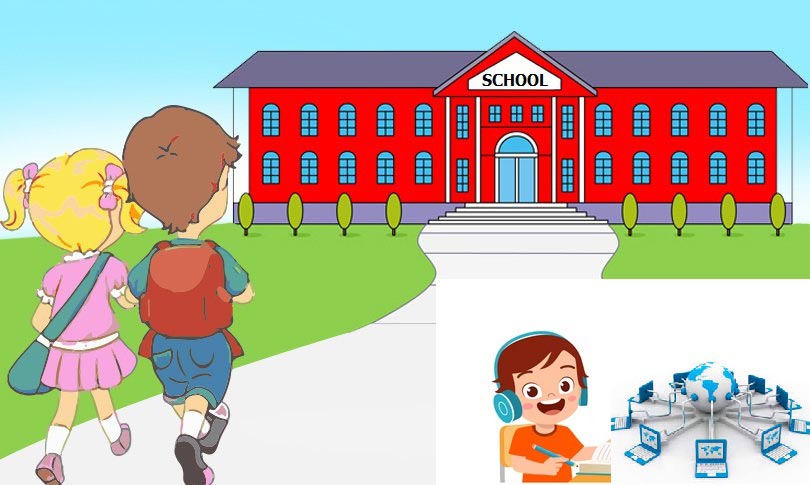
Government of Nepal to Initiate for "One Municipality, One Smart School" in FY 2081 / 2082
The government of Nepal is going to implement the concept of "one municipality, one smart school". Presenting the policy and program of fiscal year 2081/82 at the joint meeting of the federal parliament on 2081 Jestha 1, Tuesday, President Ramchandra Paudel announced that the concept of "one municipality, one smart school" will be implemented.
Objectives of the Initiative
- Technology Integration: Implementing technology-friendly environments in schools to modernize education.
- Quality Education: Ensuring all students have access to high-quality education, regardless of their location.
- Educational Equity: Reducing the disparity in teaching and learning across different regions.
Implementation Strategies
- Model Laws and Guidelines: Local levels will receive support through prepared model laws, guidelines, and procedures for school and teacher management, as well as the promotion of original languages and cultures.
- Basic Education Access: Within the next five years, the goal is to ensure all children receive basic education and to provide alternative non-formal education for out-of-school children.
- Curriculum Revision: The national curriculum framework will be revised to improve teaching and learning activities.
- Lunch Program: Modifying the lunch program to offer nutritious, fresh, and high-quality meals using local products for basic level students.
Key Programs and Policies
- Scholarships: Extending scholarships for underprivileged students up to 12th grade and enhancing access to higher education for the Dalit community and other disadvantaged groups.
- Friend Learning System: Encouraging peer learning and teaching among students.
- Life Skills Education: Providing education and training on daily life skills such as traffic awareness, healthy living, and disaster avoidance for students over 10 years old.
- Higher Education Training: Offering basic training in government functioning for higher education students, and engaging students on academic leave in non-formal education and community development activities.
- Career Counseling: Implementing career counseling programs in public schools to guide students in their future career paths.
Enhancing Teacher Quality
- Scholarships and Leadership Development: Offering scholarships and leadership development opportunities to make the teaching profession more attractive and dignified.
- Electronic System for Teacher Management: Developing an integrated electronic system for objective information on teacher transfer, promotion, performance evaluation, and training.
- Monthly Salary Payment: Ensuring teachers receive their salaries on a monthly basis.
- Teaching Internships: Addressing shortages of English, mathematics, and science teachers by sending university students for teaching internships with evaluation.
- Qualified Teaching Staff: Allowing individuals with minimum qualifications in relevant subjects to enter the teaching profession.
- Utilizing Retired Teachers: Leveraging the knowledge and experience of retired teachers to improve the educational environment and quality.
Research and Innovation
- Public and Private Collaboration: Collaborating with public and private sectors to implement the 'Bootcamp Model' program for immediate manpower production.
- Visa Facilitation: Facilitating visas for foreign students seeking education in Nepal and ensuring equal acceptance of educational degrees across universities.
- Academic Research: Conducting research through academic and research institutions, with findings presented to related bodies for system improvement.
Technical and Vocational Education
- Curriculum Modification: Modifying the curriculum related to technical and vocational education based on labor market demand.
- National Efficiency Standards: Creating national efficiency standards to align with market needs.
- Technical Programs in Schools: Encouraging local levels to conduct technical programs in schools and implementing skill development programs for students who have passed class 10.
Key Initiatives of "One Municipality, One Smart School"
|
Conclusion
The "One Municipality, One Smart School" initiative is a comprehensive effort to enhance the quality of education across the nation by integrating technology, improving teacher quality, and providing equitable access to education. By implementing these strategies and programs, the government aims to build a robust educational system that meets the needs of all students and prepares them for future challenges.
School Job




